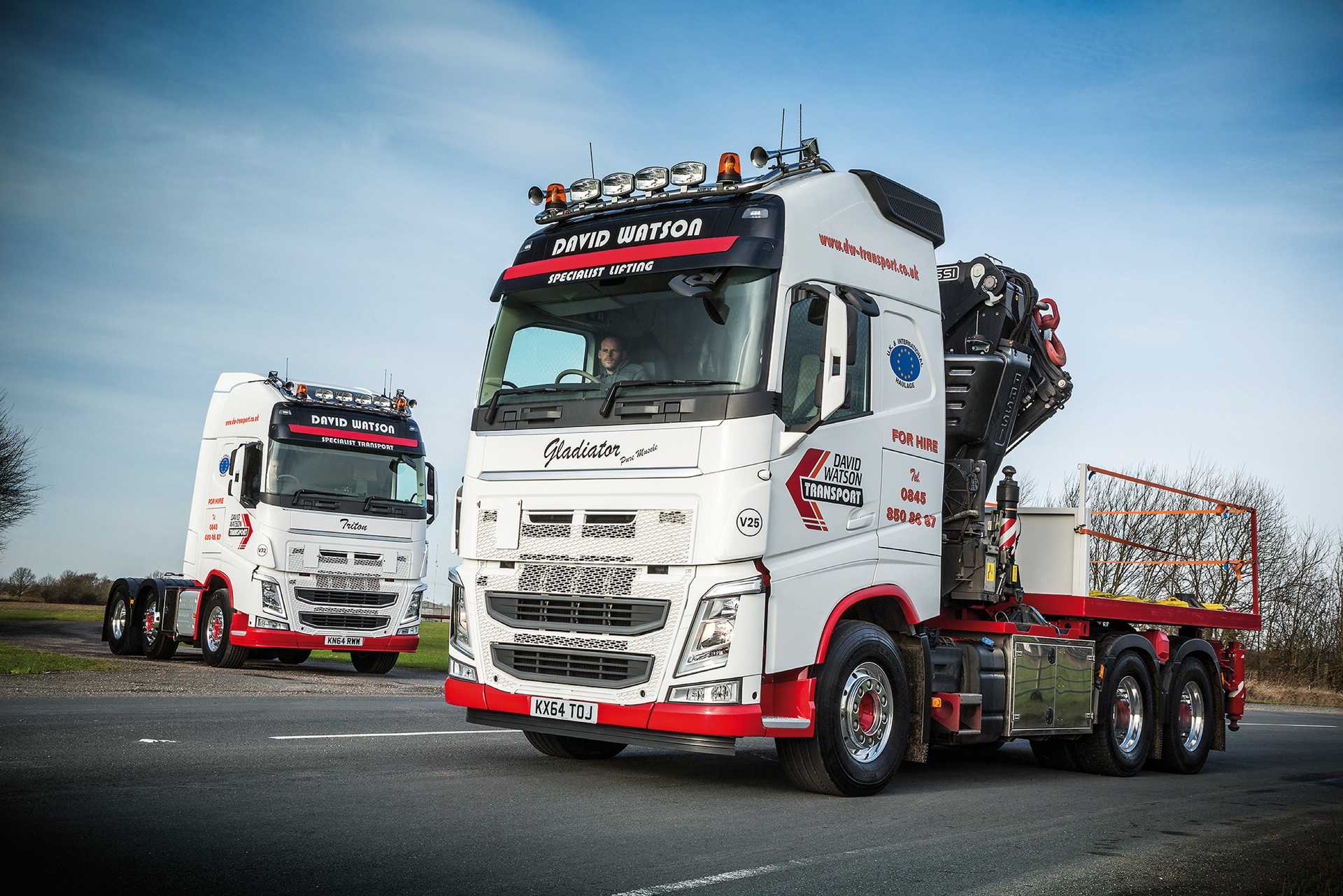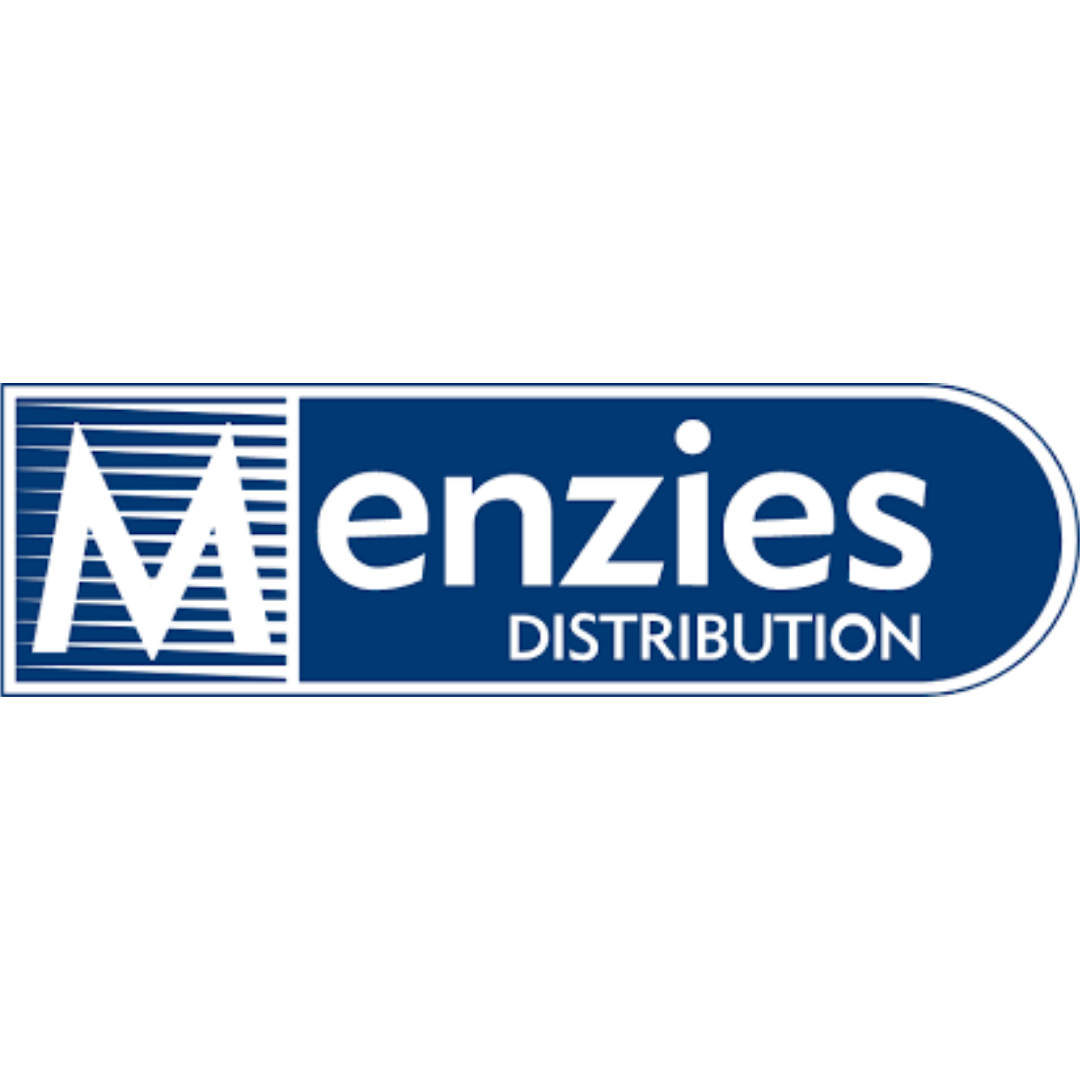Logistics organisations are the orchestrators of the intricate dance of goods and information, managing the movement of resources from point A to point B. From warehouses to transportation fleets, their operations are a complex web of coordination and precision.
In the dynamic landscape of logistics, organisations are the linchpin of seamless operations. From supply chain management to transportation logistics, ensuring efficiency, security, and environmental responsibility is paramount. This is where internationally recognised standards like ISO 9001, ISO 27001, and ISO 14001 play a pivotal role.
Quality Management to ISO 9001 for Logistics Companies
ISO 9001 is a globally recognised standard for quality management systems. It sets the benchmark for organisations keen on delivering consistent and high-quality products and services.
Benefits of ISO 9001
In the logistics sector, precision is the key. ISO 9001 brings a systematic approach to quality management, ensuring that processes are streamlined, risks are mitigated, and customer satisfaction remains at the forefront.
Requirements of ISO 9001
ISO 9001 mandates several requirements, including a strong customer focus, leadership commitment, process approach, and continuous improvement. For logistics organisations, this means a structured approach to managing their processes, leading to enhanced reliability and customer trust.
Information Security Management to ISO 27001 for Logistics Companies
ISO 27001 is the gold standard for information security management systems. It provides a robust framework to identify, manage, and reduce risks related to information security.
Benefits of ISO 27001
Logistics involves a trove of sensitive information, from shipment details to client data. ISO 27001 ensures that logistics organisations have a watertight information security management system in place, safeguarding against data breaches and ensuring the confidentiality of critical information.
Requirements of ISO 27001
ISO 27001 necessitates risk assessments, an information security policy, and ongoing monitoring and evaluation. For logistics companies, this means not only securing their data but also building a resilient system that can adapt to the ever-evolving threat landscape.
Environmental Management to ISO 14001 for Logistics Companies
ISO 14001 is the cornerstone for environmental management systems, providing a framework for organisations to minimise their environmental footprint.
Benefits of ISO 14001
In an era where sustainability is not just a buzzword but a business imperative, ISO 14001 helps logistics organisations align with environmental regulations, reduce waste, and operate in an eco-friendly manner.
Requirements of ISO 14001
ISO 14001 requires organisations to establish an environmental policy, identify and assess environmental aspects, and implement operational controls. For logistics companies, this means incorporating green practices into their daily operations, from energy-efficient transportation to waste reduction strategies.





